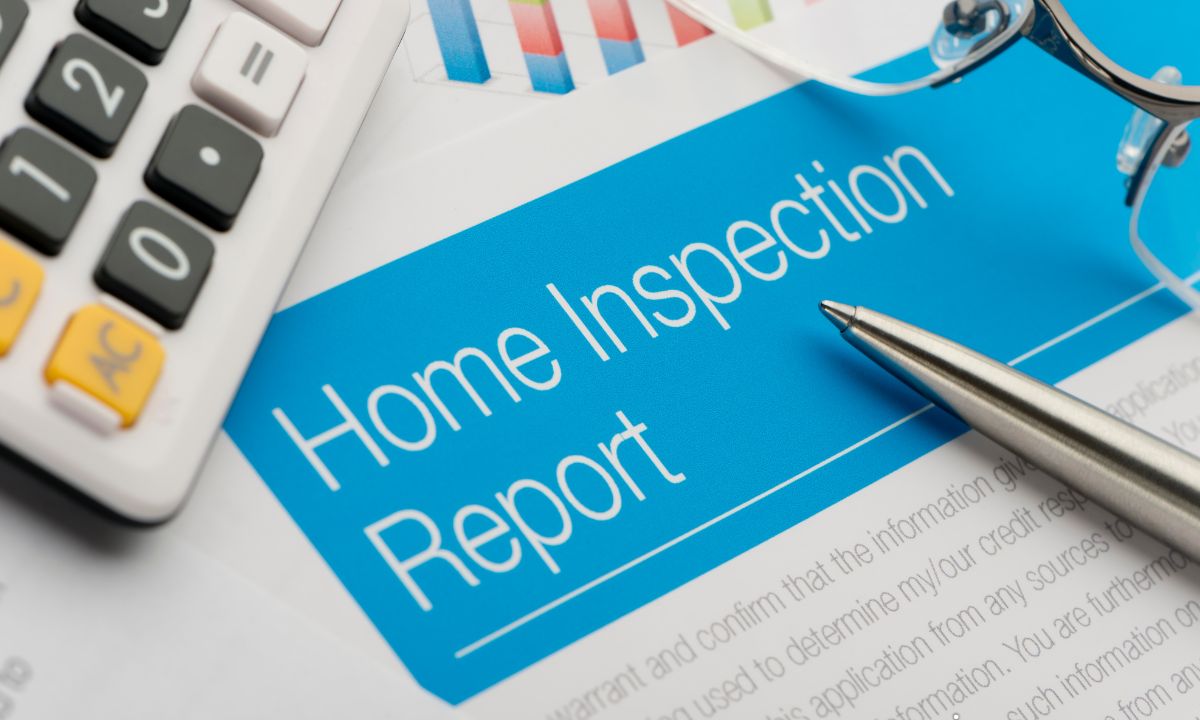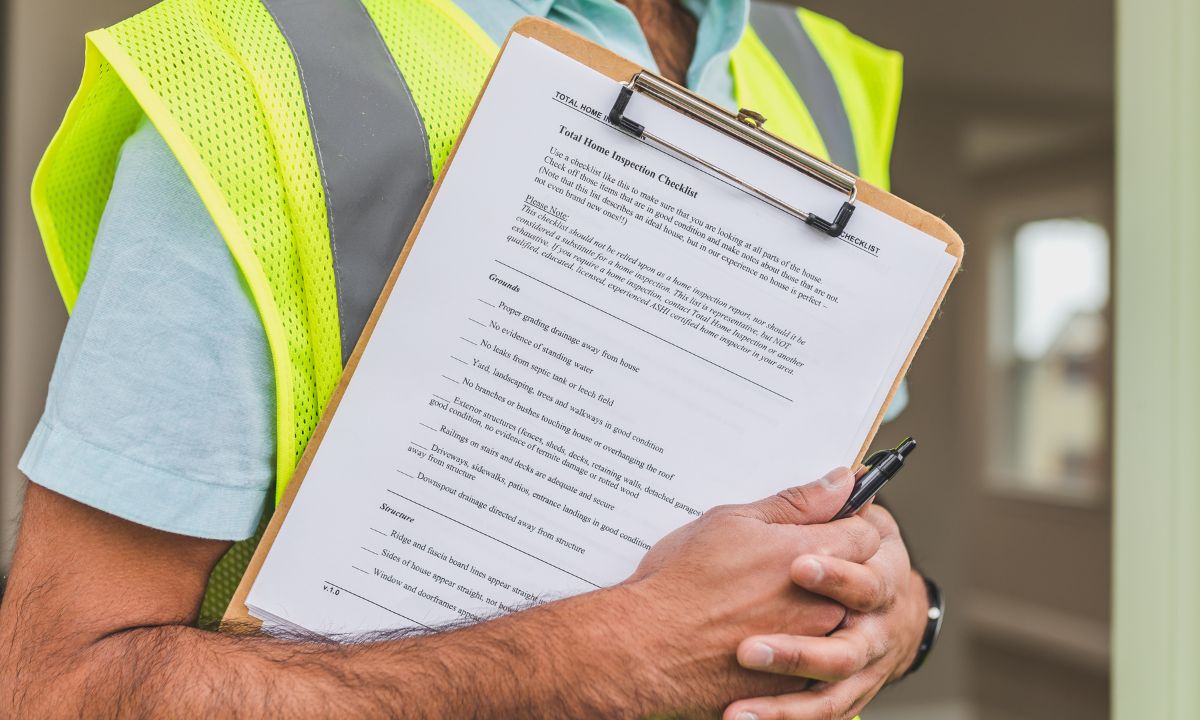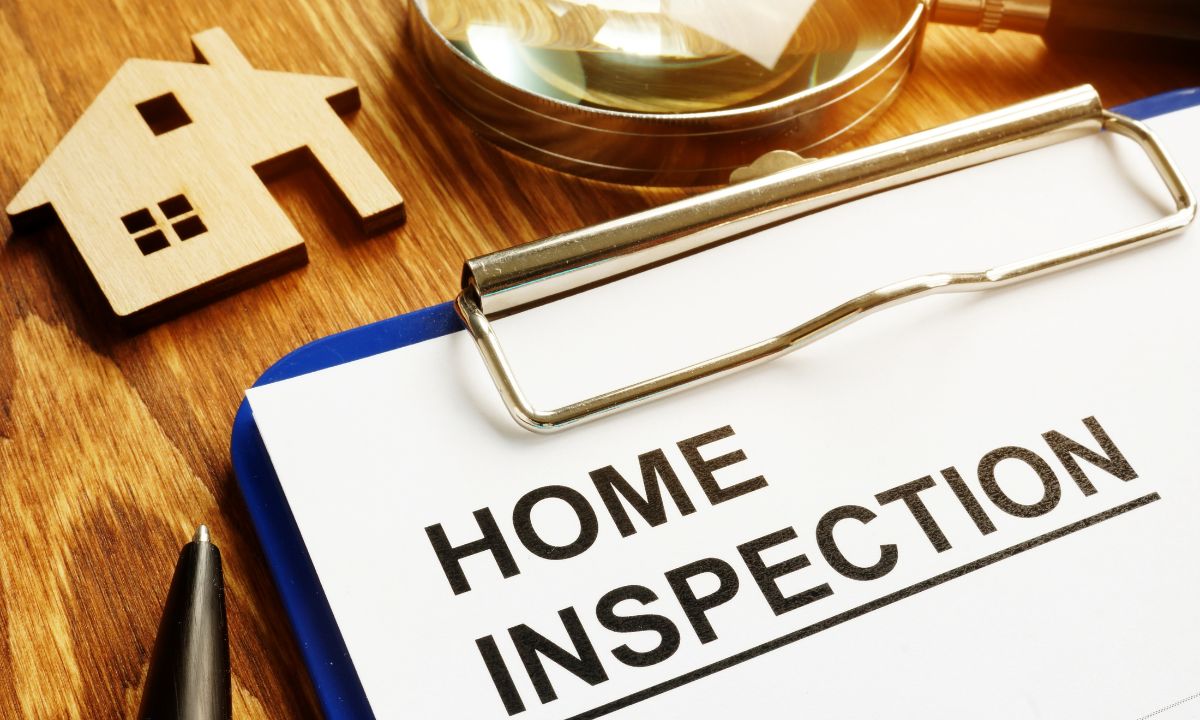 Mold—it’s a word that can send shivers down the spine of any prospective homeowner. But what happens when an inspector discovers mold in your dream home? Does it mean the deal is off, or are there steps you can take to remedy the situation without walking away? Here’s a guide to help you navigate this common yet serious issue.
Mold—it’s a word that can send shivers down the spine of any prospective homeowner. But what happens when an inspector discovers mold in your dream home? Does it mean the deal is off, or are there steps you can take to remedy the situation without walking away? Here’s a guide to help you navigate this common yet serious issue.
What Does Mold Mean for Your Home Purchase?
First, it’s important to understand that mold is a common occurrence in homes. Whether it’s in the shower, under the kitchen sink, or in an attic, many houses have some level of mold. The key is determining the extent of the problem and whether it poses a significant risk to your health or the home’s structure.
When an inspector finds mold, don’t panic. Instead, focus on understanding the situation. Ask the inspector about the severity of the mold, where it’s located, and what might be causing it. Often, mold is the result of a leak, high humidity, or poor ventilation. Identifying the root cause is crucial for effective remediation.
Next Steps: Testing and Remediation
Once you know there’s mold, your next step is to hire a professional mold tester. This specialist will determine the type of mold, the extent of its spread, and recommend appropriate actions. It’s wise to get multiple estimates and thoroughly research the testing and removal businesses. Stick with licensed, independent testers who aren’t affiliated with removal companies to avoid any conflicts of interest.
Mold removal can be tricky, and unfortunately, the industry is prone to fraudulent practices. Be wary of inflated charges and ensure that any company you hire is reputable. Keep in mind, though, that legitimate costs can rise if the mold is more widespread than initially thought. It’s not uncommon for mold to be hidden in areas that aren’t immediately visible.
DIY vs. Professional Help
In some cases, mold removal can be a DIY project, especially if the mold is localized and not too severe. There are plenty of online resources and even weekend workshops at home improvement stores that can guide you through the process. However, if the mold issue is extensive, it’s better to call in professionals. Proper mold removal is more hazardous and involved than many people realize, especially if it requires dealing with hidden or hard-to-reach areas.
The Cost Factor: Are You Covered?
Mold removal can be costly, sometimes running into the tens of thousands of dollars, especially if it involves gutting parts of the home. Before proceeding, contact your insurer to see if the mold removal and any related repairs are covered under your homeowner’s policy. Coverage often depends on the type of mold and the cause of the problem, so it’s essential to get this clarified upfront.
Moving Forward: Preventing Future Mold
If you decide to proceed with the purchase, it’s crucial to take steps to prevent mold from returning. Regular maintenance, such as caulking around sinks and showers, cleaning gutters, sealing windows, and fixing any leaks, will go a long way in keeping your home mold-free.
Don’t Let Mold Ruin Your Dream
Finding mold in a home you want to buy doesn’t have to be a dealbreaker. With the right approach, including professional help and preventive measures, you can address the issue and move forward with confidence in your purchase
 So, you’ve found your dream home, made an offer, and had the home inspection done. But wait—what happens next? For many homebuyers, negotiating repairs after a home inspection can be a daunting task. However, with the right approach and some negotiation skills, you can ensure that your new home is in tip-top shape without breaking the bank.
So, you’ve found your dream home, made an offer, and had the home inspection done. But wait—what happens next? For many homebuyers, negotiating repairs after a home inspection can be a daunting task. However, with the right approach and some negotiation skills, you can ensure that your new home is in tip-top shape without breaking the bank. Preparing to sell your home requires numerous decisions: Should you freshen up the paint? Finally, finish the basement. Renovate the bathroom? These questions often dominate the pre-sale planning. However, before diving into renovations, it is important to understand how your home has held up over time. One fundamental step in this process is investing in a professional home inspection. Here’s why.
Preparing to sell your home requires numerous decisions: Should you freshen up the paint? Finally, finish the basement. Renovate the bathroom? These questions often dominate the pre-sale planning. However, before diving into renovations, it is important to understand how your home has held up over time. One fundamental step in this process is investing in a professional home inspection. Here’s why. Embarking on the journey to homeownership is an exciting venture, but it comes with its share of responsibilities. One crucial step in the process is a comprehensive home inspection. To ensure your dream home doesn’t turn into a nightmare, we’ve compiled the ultimate home inspection checklist. Armed with this guide, you’ll be equipped to make informed decisions, identify potential issues, and negotiate confidently before sealing the deal.
Embarking on the journey to homeownership is an exciting venture, but it comes with its share of responsibilities. One crucial step in the process is a comprehensive home inspection. To ensure your dream home doesn’t turn into a nightmare, we’ve compiled the ultimate home inspection checklist. Armed with this guide, you’ll be equipped to make informed decisions, identify potential issues, and negotiate confidently before sealing the deal. Purchasing a home is one of the most significant financial investments one can make in one’s lifetime. However, beneath the glossy exterior of a prospective dream home lies a world of hidden issues that can have a profound impact on your investment.
Purchasing a home is one of the most significant financial investments one can make in one’s lifetime. However, beneath the glossy exterior of a prospective dream home lies a world of hidden issues that can have a profound impact on your investment. Purchasing or selling a property is a significant financial transaction that involves numerous parties, legalities, and a substantial amount of money. To ensure a smooth and secure process, the real estate industry relies heavily on a mechanism known as escrow.
Purchasing or selling a property is a significant financial transaction that involves numerous parties, legalities, and a substantial amount of money. To ensure a smooth and secure process, the real estate industry relies heavily on a mechanism known as escrow.